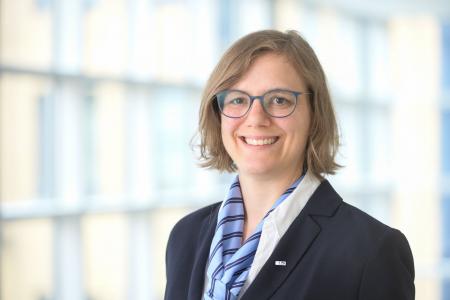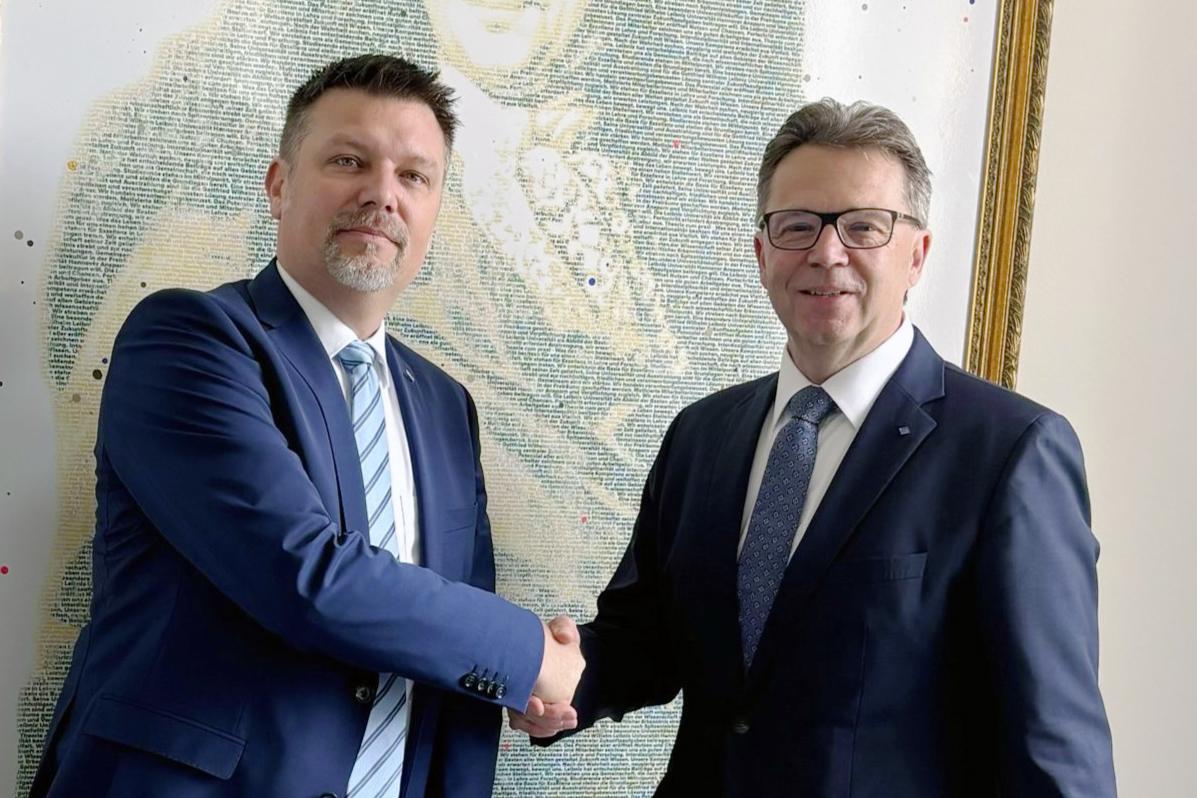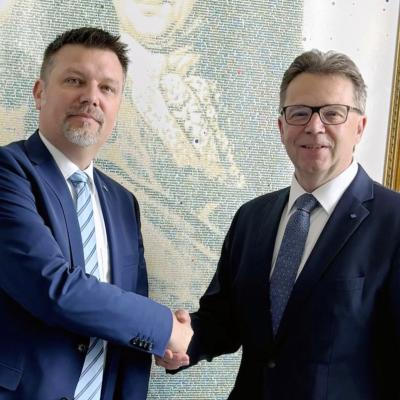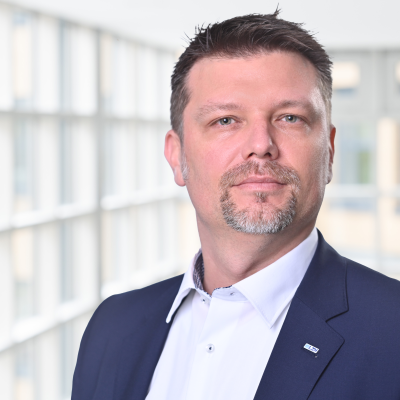"At LZH, we conduct research in cutting-edge fields of applied laser physics" says Dietmar Kracht." I'm excited to bring this expertise to the next generation of scientists in my new role as a university professor."
Prof. Dr. iur. Volker Epping, President of Leibniz University Hannover, adds: "With the new professorship, we are strengthening the field of Optical Technologies. Our programs in Optical Technologies benefit from the joint professorships with LZH in engineering and now also in the natural sciences."
The newly established professorship is located at the Faculty of Mathematics and Physics. Dr. Dietmar Kracht has been lecturing in laser physics at LUH since 2007.
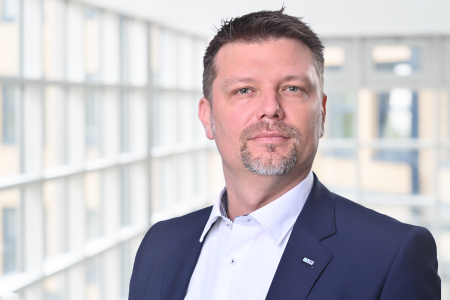
About the Person
Dietmar Kracht studied physics at Christian-Albrecht-University in Kiel. He received his doctorate in 2003 from the University of Lübeck on the topic "Diode-pumped solid-state laser system for the generation of Q-switched microsecond laser pulses in the green spectral range." Since 2002, he has been working at LZH, first as a project leader for diode-pumped solid-state lasers and ultrashort pulse fiber lasers. From 2004 to 2005, he was Head of the Solid-State Photonics Group, and then Head of the Laser Development Department until 2008. Dietmar Kracht has been Scientific Technical Director of LZH since 2008 and was appointed as the Executive Director of LZH in 2009.
Laser Zentrum Hannover e.V. (LZH)
As an independent, non-profit research institute, the Laser Zentrum Hannover e.V. (LZH) stands for innovative research, development, and consulting. Supported by the Lower Saxony Ministry of Economics, Transport, Building and Digitalization, the LZH is dedicated to selflessly promoting applied research in the field of photonics and laser technology. Founded in 1986, almost 200 employees are now working at the LZH.
The LZH offers solutions to current and future challenges with its smart photonics. Along the process chain, natural scientists and engineers work interdisciplinary together: from component development for specific laser systems or for quantum technologies to process developments for a wide variety of laser applications, for example for medical and agricultural technology or lightweight construction in the automotive sector. 18 successful spin-offs have emerged from the LZH to date. Thus, the LZH creates a strong transfer between fundamental science, application-oriented research, and industry - and uses light for innovation.
